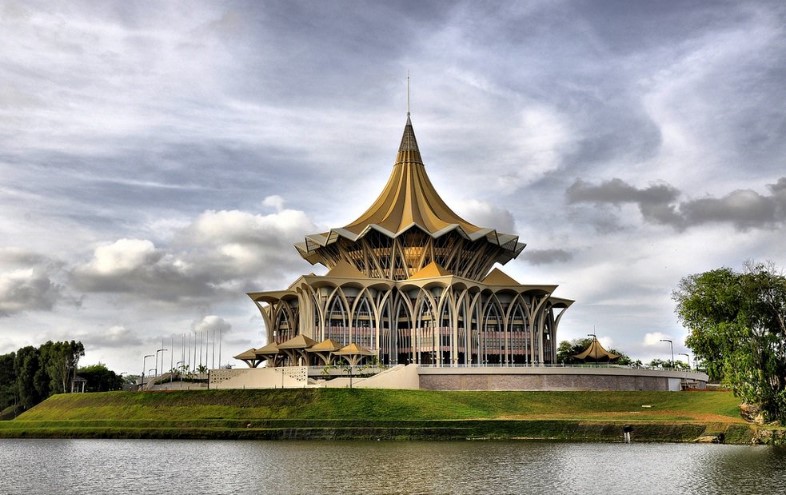KUALA LUMPUR, Oct 8 — Despite Sarawak tightening its borders, a Covid-19 cluster has hit Kuching after three family members of the index case with Sabah travel history got infected.
Sarawak’s State Disaster Management Committee (SDMC) said the index case of the new Bah Arnab cluster in the state capital of Kuching — Sarawak Patient 719 — was detected on October 6 and had previously travelled to and from Sabah, which is battling multiple coronavirus outbreaks with about 1,900 active cases.
Three of 16 close contacts to the case, who were screened on September 6, were found positive for Covid-19 today — Sarawak Patients 729, 730, and 731. Thus, the Bah Arnab cluster has a total of four positive cases so far, including the three new infections discovered today.
“As of now, the Bah Arnab cluster is still under control and only affects the closest family members. However, the Sarawak state health department is currently conducting further investigations and other contact tracing for this cluster to avoid more serious spread,” SDMC said in a statement today.
SDMC also reported a local transmission in Bintulu, Sarawak Patient 725, who was a close contact to Sarawak Patient 724 that had been diagnosed yesterday. Patient 725 did not show any symptoms of Covid-19.
Two interstate cases were reported in Sarawak today. One was a Sarawakian man who previously travelled to Kelana Jaya, Selangor, from September 22 to 27 and later sought to be screened at a public health facility on October 6 because of a fever since September 27.
His test results on October 8 were positive for Covid-19, after which he was admitted to Sarawak General Hospital in Kuching. SDMC classified him as an imported case as he was believed to have gotten infected in Selangor.
Another interstate case was a Sarawakian man who visited Sabah from September 19 to 27. He tested negative on an RT-PCR test he took in Sabah on September 25 and was ordered to home quarantine after arriving in Kuching. An RT-PCR test taken on Day 10 of his quarantine on October 6 showed he had Covid-19. He did not have any symptoms of coronavirus.
The case is classified as an imported case as he was suspected of contracting Covid-19 in Sabah.
SDMC reported two more imported cases from overseas — two Indian nationals who first underwent 14-day quarantine upon arriving in Kuala Lumpur on September 17. They were tested twice during quarantine — RT-PCR first and antigen rapid test second — with negative results for both tests for the two men.
They then travelled to Miri on October 4 and were sent to quarantine centres. RT-PCR testing at a private hospital in Miri on October 7 yielded positive results for both of them.
SDMC reported eight new Covid-19 cases in total today: five in Kuching, two in Miri, and one in Bintulu.
Kuching (three local cases) and Bintulu (one local case) have turned yellow today, while Sibu and Lawas remain yellow zones with two and three local infections reported within the past 14 days. The remaining 36 districts in Sarawak are green, having recorded no new local Covid-19 cases within the past fortnight.
SDMC also announced today that all Malaysian citizens who wish to enter Sarawak from peninsular Malaysia will be quarantined for 14 days at quarantine centres, with Covid-19 testing on Day Two and Day 10 of quarantine. They will bear the cost of quarantine and testing, except for Sarawakians who will be paid for by the state government. This order is in effect from October 10.
The Sarawak government previously mandated 14-day quarantine at quarantine centres only for non-Sarawakians coming from the peninsula, while Sarawakians were allowed to continue their 14-day quarantine at home after a negative result from an RT-PCR test on Day Two of their quarantine at designated centres.
This order was previously in force from October 4 to 18. The Sarawak government also prohibited entry to foreigners and Malaysians, except Sarawakians, travelling from Sabah and Labuan in that period.







